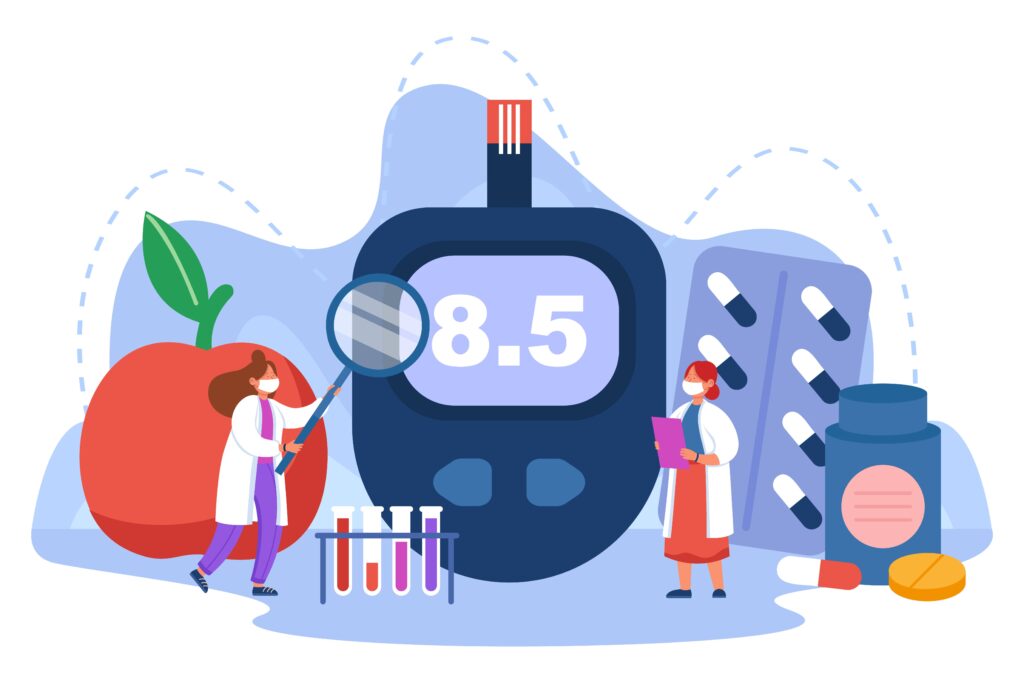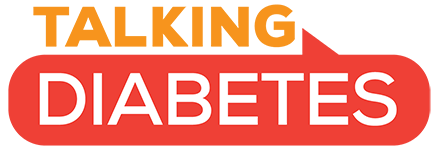Support
People with asthma need and deserve support. Finding asthma support from groups and resources like TalkingAsthma can prove to be a valuable tool in better living. Here we offer peer stories and tips for asthma management.
Remember – Family, friends, and coworkers certainly need to know how to give support in an asthma emergency. It’s also important to understand that asthma can be managed and controlled – a healthcare provider should be consulted for personalized information on asthma and asthma medications.
- National Nutrition Month and Diabetes Alert Day®: Take Control of Your Health!
 National Nutrition Month and Diabetes Alert Day® highlight the critical role of healthy eating in preventing and managing diabetes; adopting sustainable lifestyle changes, including prioritizing whole foods and regular physical activity, can significantly reduce your risk. Understanding your individual risk through resources like the Diabetes Risk Test and consulting healthcare professionals is essential for proactive diabetes management.
National Nutrition Month and Diabetes Alert Day® highlight the critical role of healthy eating in preventing and managing diabetes; adopting sustainable lifestyle changes, including prioritizing whole foods and regular physical activity, can significantly reduce your risk. Understanding your individual risk through resources like the Diabetes Risk Test and consulting healthcare professionals is essential for proactive diabetes management. - How Nutrition Can Help Reduce the Risk of Prediabetes
 The prevalence of prediabetes is rising globally, with recent estimates indicating that nearly 1 in 3 adults in the United States are affected. Recent research underscores the importance of delaying the onset of diabetes as a key strategy for improving long-term health outcomes.
The prevalence of prediabetes is rising globally, with recent estimates indicating that nearly 1 in 3 adults in the United States are affected. Recent research underscores the importance of delaying the onset of diabetes as a key strategy for improving long-term health outcomes. - A ‘DNA Diet’ May Help Reduce Type 2 Diabetes Risk, New Study Argues
 In a new study, undertaken by Imperial College London in the United Kingdom and DnaNudge, and published in Scientific ReportsTrusted Source, researchers investigated diets customised to an individual’s DNA — to assist participants in controlling blood sugar levels and decrease the chances of developing type 2 diabetes.
In a new study, undertaken by Imperial College London in the United Kingdom and DnaNudge, and published in Scientific ReportsTrusted Source, researchers investigated diets customised to an individual’s DNA — to assist participants in controlling blood sugar levels and decrease the chances of developing type 2 diabetes. - How to Time Meals While Intermittent Fasting for Diabetes
 Intermittent fasting (IF) for people with diabetes has the potential benefit of improving blood glucose—and possibly reversing diabetes or going into “remission.” The key is balancing these benefits with the safety concerns of following this eating plan when taking diabetes medications.
Intermittent fasting (IF) for people with diabetes has the potential benefit of improving blood glucose—and possibly reversing diabetes or going into “remission.” The key is balancing these benefits with the safety concerns of following this eating plan when taking diabetes medications. - 10 Cold-Weather Foods Good in a Diabetes Diet
 Cozy up to fall and winter noshes like these, and you’ll reap benefits that will aid blood sugar and weight control.
Cozy up to fall and winter noshes like these, and you’ll reap benefits that will aid blood sugar and weight control.
